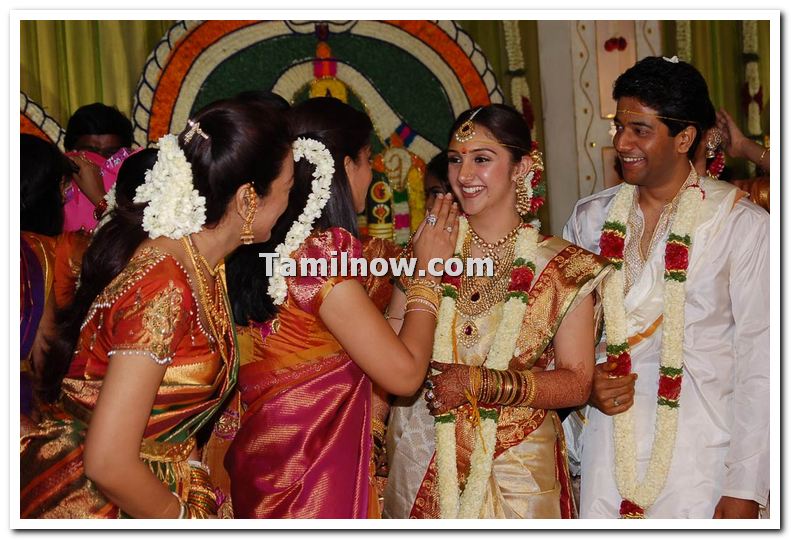The rulers of the Vijayanagara empire maintained the well-functioning administrative methods developed by their predecessors, the Hoysala, Kakatiya and Pandya kingdoms, to govern their territories and made changes only where necessary. The King was the ultimate authority, assisted by a cabinet of ministers (Pradhana) headed by the prime minister (Mahapradhana). Other important titles recorded in inscriptions were the chief secretary (Karyakartha or Rayaswami) and the imperial officers (Adhikari). All high ranking ministers and officers were required to have military training. A secretariat near the king's palace employed scribes and officers to maintain records made official by using a wax seal imprinted with the ring of the king. At the lower administrative levels, wealthy feudal landlords (Goudas) supervised accountants (Karanikas or Karnam) and guards (Kavalu). The palace administration was divided into 72 departments (Niyogas), each having several female attendants chosen for their youth and beauty (some imported or captured in victorious battles) who were trained to handle minor administrative matters and to serve men of nobility as courtesans or concubines.
During the rule of the Vijayanagara Empire, poets, scholars and philosophers wrote in Kannada, Sanskrit and other regional languages like Telugu and Tamil and covered such subjects as religion, biography, Prabhanda (fiction), music, grammar, poetry and medicine. The Court language of the Vijayanagara Empire was Kannada. Later, Telugu language became a popular literary medium, reaching its peak under the patronage of Krishnadevaraya.
Most Sanskrit works were commentaries either on the Vedas or on the Ramayana and Mahabharata epics, written by well known figures such as Sayana and Vidyaranya that extolled the superiority of the Advaita philosophy over other rival Hindu philosophies. Other writers were famous Dvaita saints of the Udupi order such as Jayatirtha (earning the title Tikacharya for his polemicial writings), Vyasatirtha who wrote rebuttals to the Advaita philosophy and of the conclusions of earlier logicians, and Vadirajatirtha and Sripadaraya both of whom criticised the beliefs of Adi Sankara. Apart from these saints, noted Sanskrit scholars adorned the courts of the Vijayanagara kings and their feudatory chiefdoms. Many kings of the dynasty were themselves litterateurs and authored classics such as King Krishnadevaraya's Jambavati Kalyana, a poetic and dramatically skillful work.
The Vijayanagara Empire (Kannada: ವಿಜಯನಗರ ಸಾಮ್ರಾಜ್ಯ Vijayanagara Sāmrājya, Telugu: విజయనగర సామ్రాజ్యము Vijayanagara Sāmrājyamu), referred as the Kingdom of Bisnaga by the Portuguese, was a South Indian empire based in the Deccan Plateau. Established in 1336 by Harihara I and his brother Bukka Raya I of Yadava Lineage. The empire rose to prominence as a culmination of attempts by the southern powers against Islamic invasions by the end of the 13th century. It lasted until 1646 although its power declined after a major military defeat in 1565 by the Deccan sultanates. The empire is named after its capital city of Vijayanagara, whose impressive ruins surround modern Hampi, now a World Heritage Site in modern Karnataka, India. The writings of medieval European travelers such as Domingo Paes, Fernão Nunes and Niccolò Da Conti and the literature in local vernaculars provide crucial information about its history. Archaeological excavations at Vijayanagara have revealed the empire's power and wealth.
Sreedevi Marriage Reception | Actress Sridevi Marriage | Sridevi Marriage Photos | Sridevi Marriage Photos | Sridevi Wedding Engagement |
Actress Sridevi Wedding | Sridevi Marriage Special |
No comments:
Post a Comment